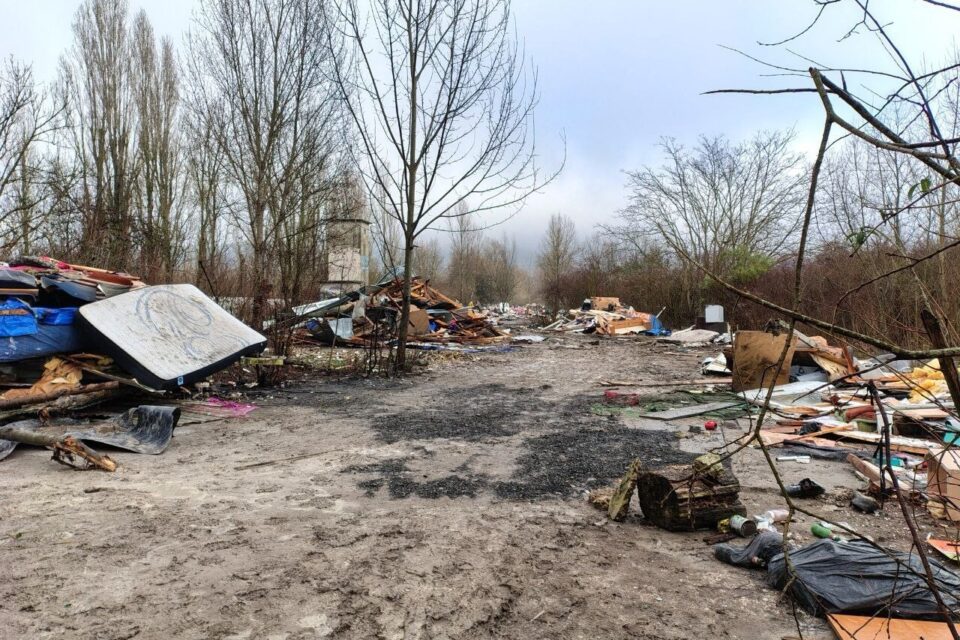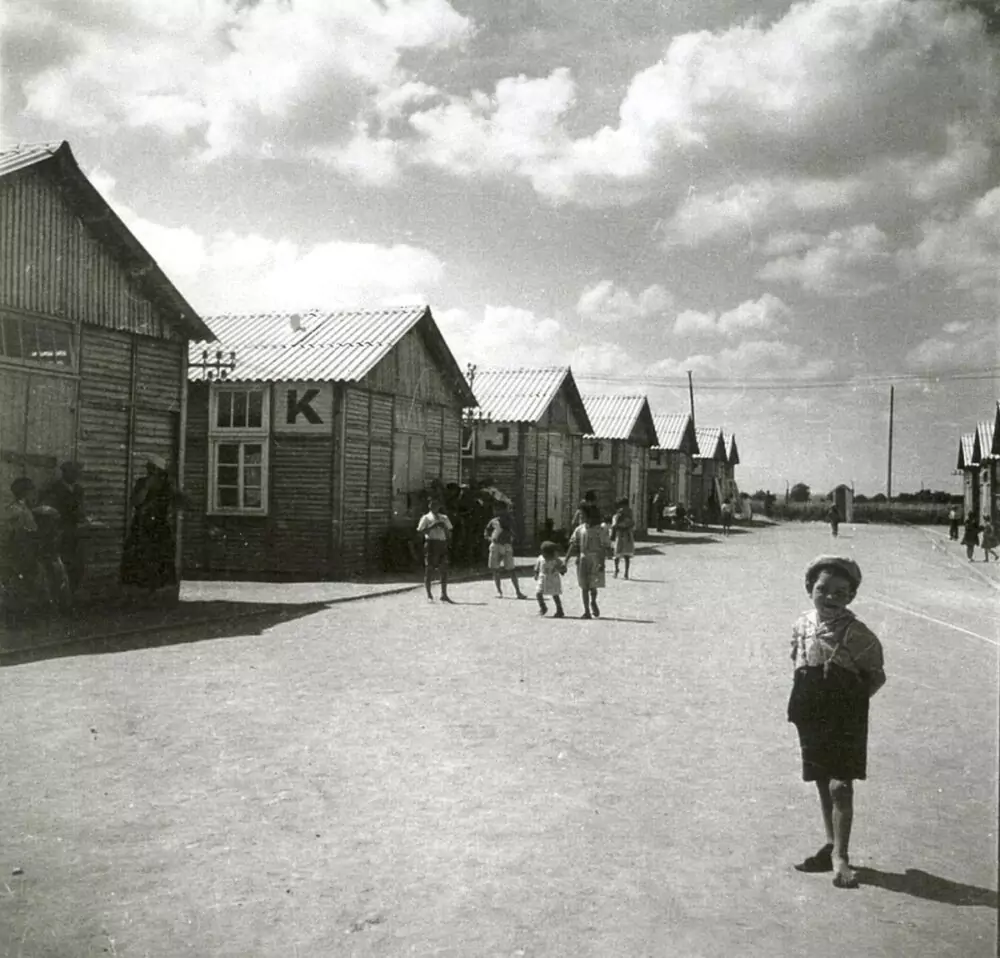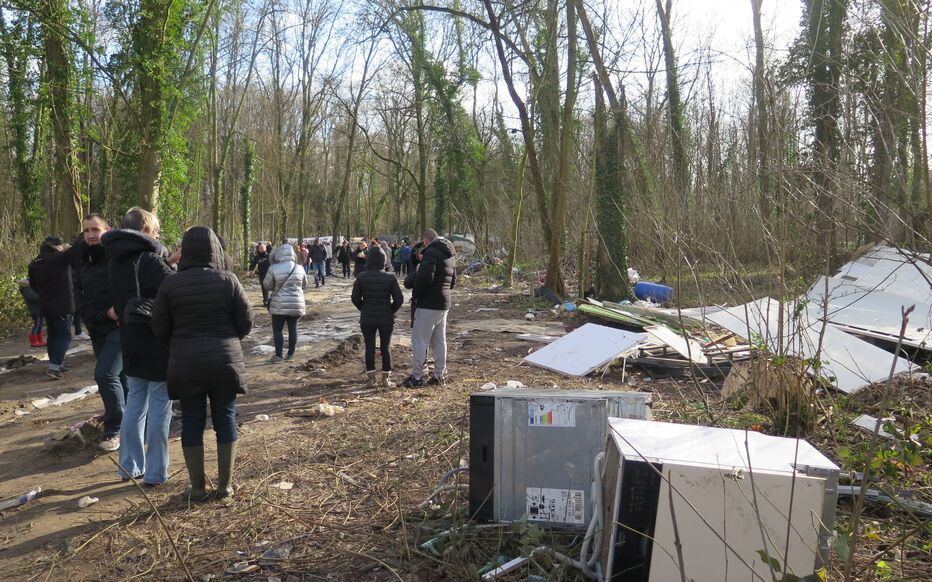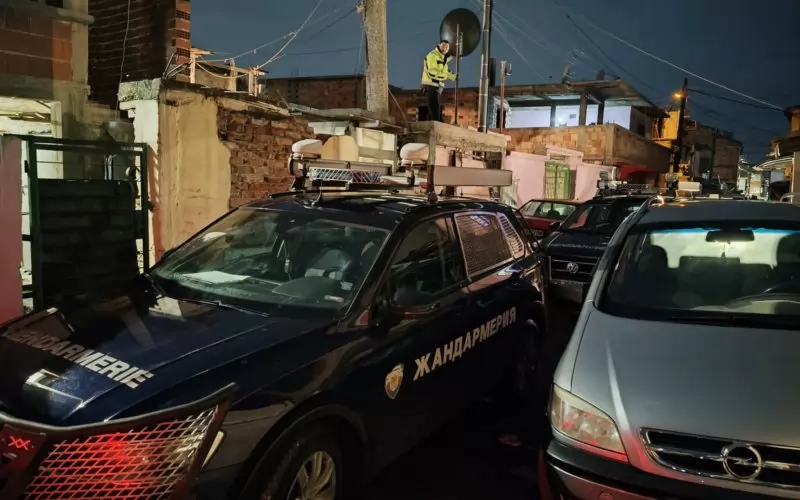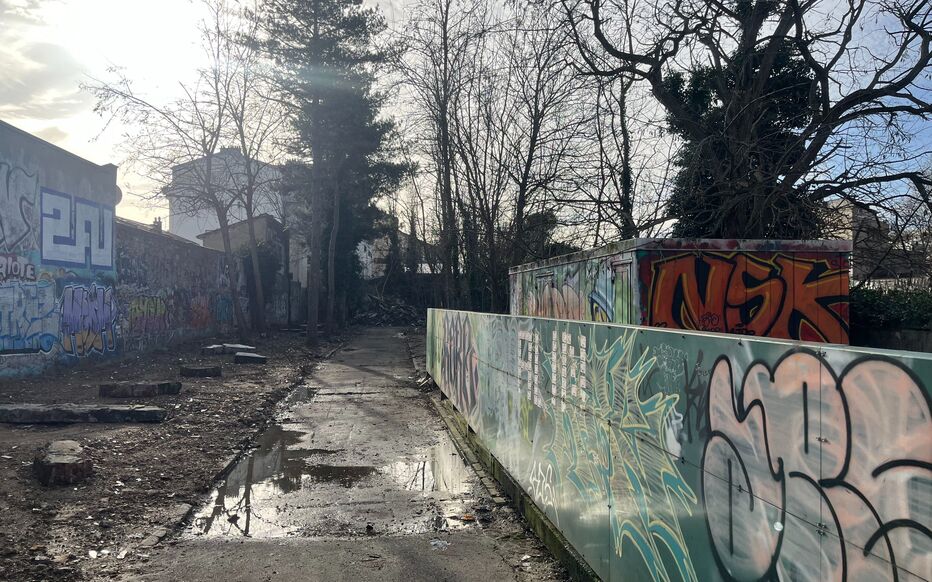Numerous French newspapers report on the negative impact of the regulatory expulsion policy on immigrant Rroma. The victims are mainly Rroma children whose school education is often poor. Official statistics are not available. In addition to the frequent changes of location, which make it difficult to attend school, bureaucratic obstacles and reservations of mayors hinder the integration of Rroma children. The European Rroma Rights Centre (ERRC) points out this education crisis in a study recently made public: 118 adult Rroma from six informal settlements in Seine-Saint-Denis, Lille, and Marseille were interviewed on the enrolment of their children. 75% of them left their country of origin between 2007 and 2010 to come to France. They are on average expelled twice a year due to forced evictions. The result of the survey is disillusioning: just half of the children go to school. However, the regulation of school attendance in France is clear: all children between the year of six and sixteen must attend school, regardless of whether the parents have valid papers or a fixed domicile. In reality, the officials often require proof of a fixed residential address, although an identity card would be sufficient for enrolment. In 60% of the cases, the lack of a home address is the reason for an absence from schooling, the study by the Rroma Rights Centre states. In the other cases, mayors usually refer to the argument that the classes are full, although they are obliged to create new classes when necessary. In addition, there are negative attitudes of some parents whose children are already enrolled in school and who do not want to have their offspring in a class with many Rroma children. The rejection is therefore clearly xenophobically motivated. If one wants to evict the Rroma settlements, the enrolment of children would counteract this. The judges usually consider the number of children enrolled in their decision about an evacuation of informal settlements. The study also indicates that there are strong local differences: in the Communist-ruled Bobigny, 90% of Rroma children are enrolled in school (compare Chabrout 2014, European Roma Rights Centre in 2014, Le Nouvel Observateur 2014, Piquemal 2014, Vincent 2014, Voyageurs Createures 2014). The media focus on informal settlements suggests that there are only Rroma in France who recently immigrated, belong to the lower class and are poorly educated. However, hundreds of thousands of Rroma have been living for generations integrated and unobtrusively in French society. These invisible Rroma are completely ignored by the media.
- Chabrout, Julien (2014) Quand les écoles françaises refusent les enfants roms. In: Metronews online vom 28.7.2014. http://www.metronews.fr/info/quand-les-ecoles-francaises-refusent-les-enfants-roms/mngB!OPiqQSI3lQ1E/
- European Roma Rights Centre (2014) Pas de place à l’école pour les enfants roms en France ? In: European Roma Rights Centre online vom 28.7.2014. http://www.errc.org/cms/upload/file/france-no-place-in-school-for-roma-french-28-july-2014.pdf
- Le Nouvel Observateur (2014) De nombreux enfants roms trouvent porte close à l’école en France. In: Le Nouvel Observateur online vom 28.7.2014. http://tempsreel.nouvelobs.com/societe/20140728.AFP2820/de-nombreux-enfants-roms-trouvent-porte-close-a-l-ecole-en-france.html
- Piquemal, Marie (2014) Roms: «J’ai huit ans, je voudrais aller à l’école, s’il vous plaît» In: Libération online vom 28.7.2014. http://www.liberation.fr/societe/2014/07/28/roms-j-ai-huit-ans-je-voudrais-aller-a-l-ecole-s-il-vous-plait_1071744
- Vincent, Elise (2014) La moitié des enfants roms ne sont pas scolarisés, malgré l’obligation d’accueil. In: Le Monde online vom 28.7.2014. http://www.lemonde.fr/societe/article/2014/07/28/la-moitie-des-enfants-roms-ne-sont-pas-scolarises-malgre-l-obligation-d-accueil_4463697_3224.html
- Voyageurs Createures (2014) L’école pour tous ! In: Voyageurs Createures on Youtube vom 28.7.2014. http://www.youtube.com/watch?v=W5B55ssYXgk
